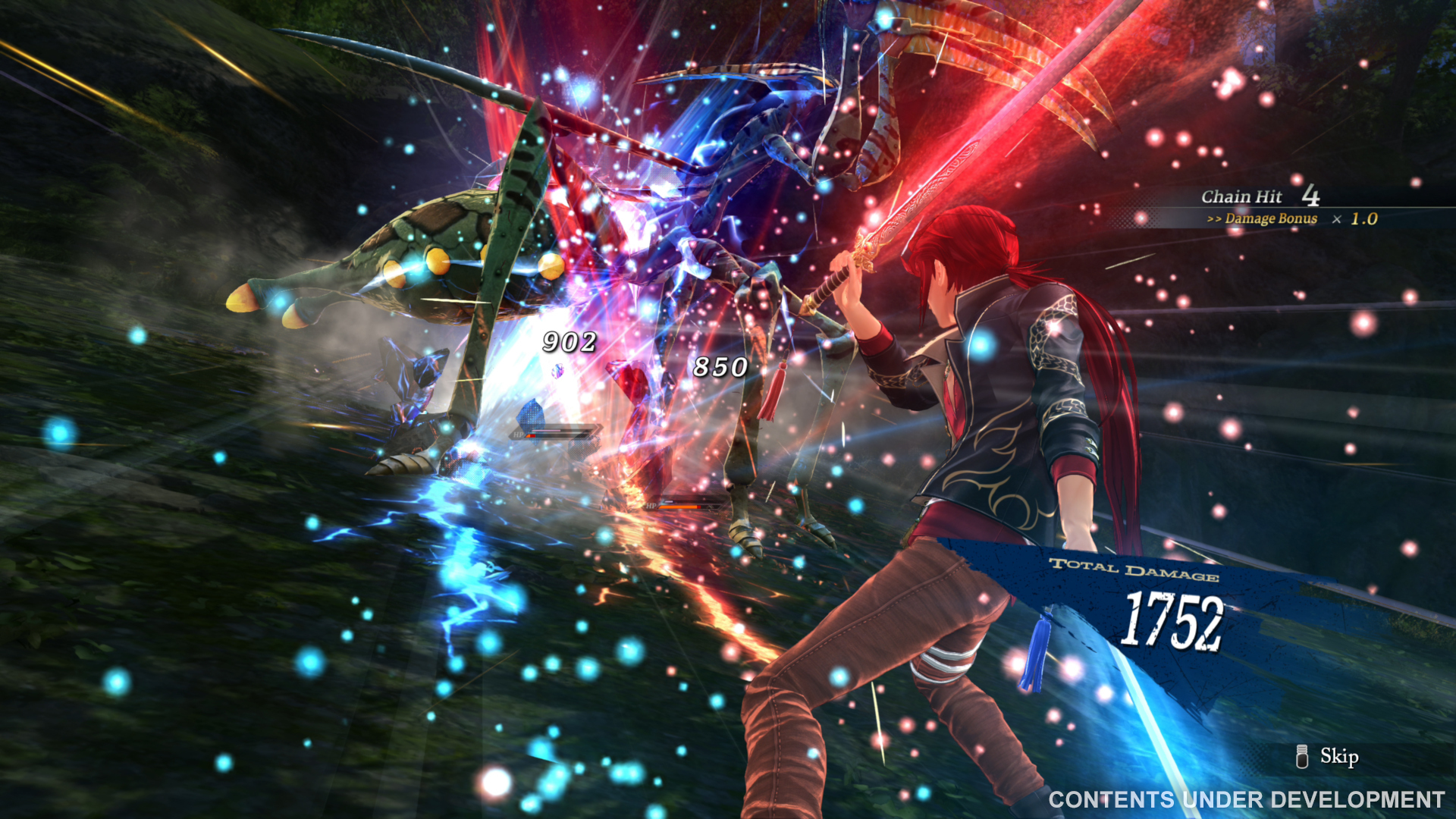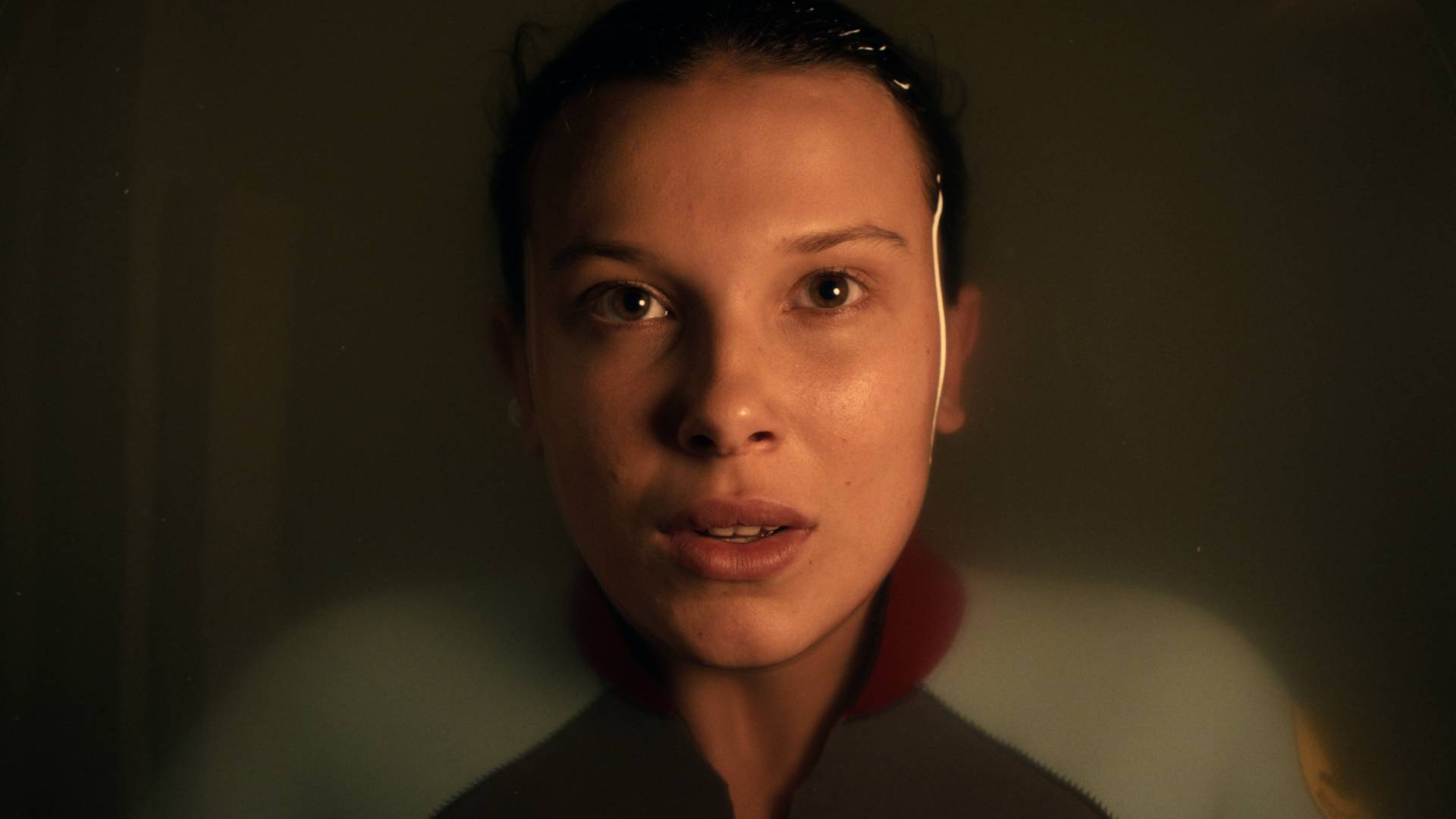Fallout season 2 is giving the spotlight to Mr. House, and I can't wait to see this adaptation of the best villain from the series' most beloved game
Opinion | Mr. House came to symbolize Fallout past and present, and now he'll be a focus in Fallout season 2
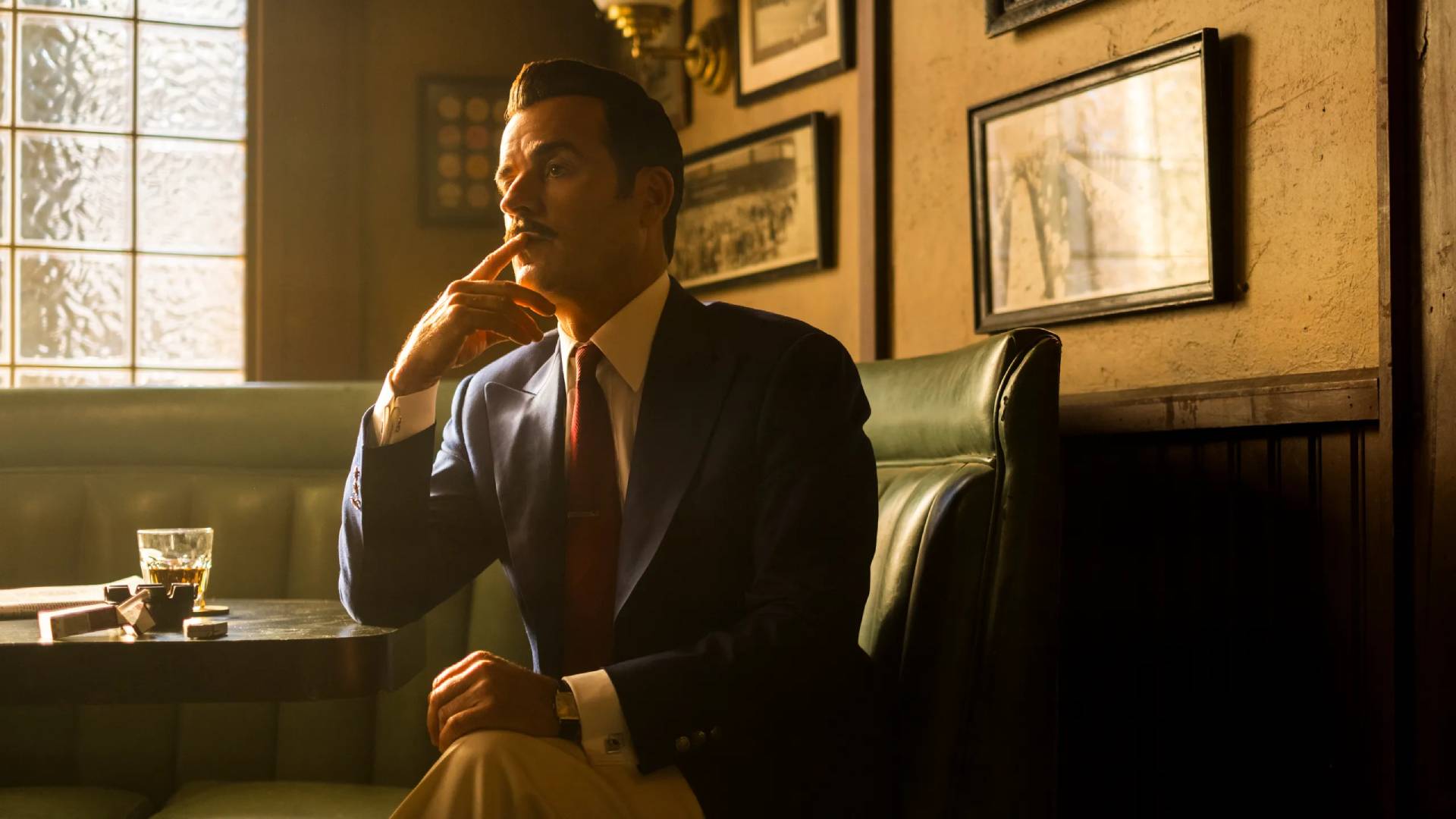
The following contains spoilers for Fallout season 1.
At the end of Fallout's fantastic first season, Hank, former Vault 33 overseer and keeper of various secrets about the wasteland, heads toward a sun-scorched city. Those that have only experienced the franchise through Prime Video might've seen it as simply a collection of ruined buildings in the desert, but fans of the games recognized the location immediately: New Vegas.
It's the setting of Fallout: New Vegas, the game that is the fan-favorite of the series. And it's the residence of the man that is perhaps Fallout's best villain: the enigmatic Mr. House.
While he showed up in a cameo role in the first season (played by actor Rafi Silver then, but now replaced by Justin Theroux), it's clear from the spotlight that both Robert House and New Vegas get in the recent teaser trailer that we're about to become a lot more acquainted with the man. Or, at least as acquainted as one can get with the famously reclusive CEO of RobCo Industries.
But despite his desire to play his cards as close as possible to his chest, Mr. House has come to represent Fallout's mythology in a way that few other characters can. He is both its co-creator and one of its kings.
Money-making at the end of the world
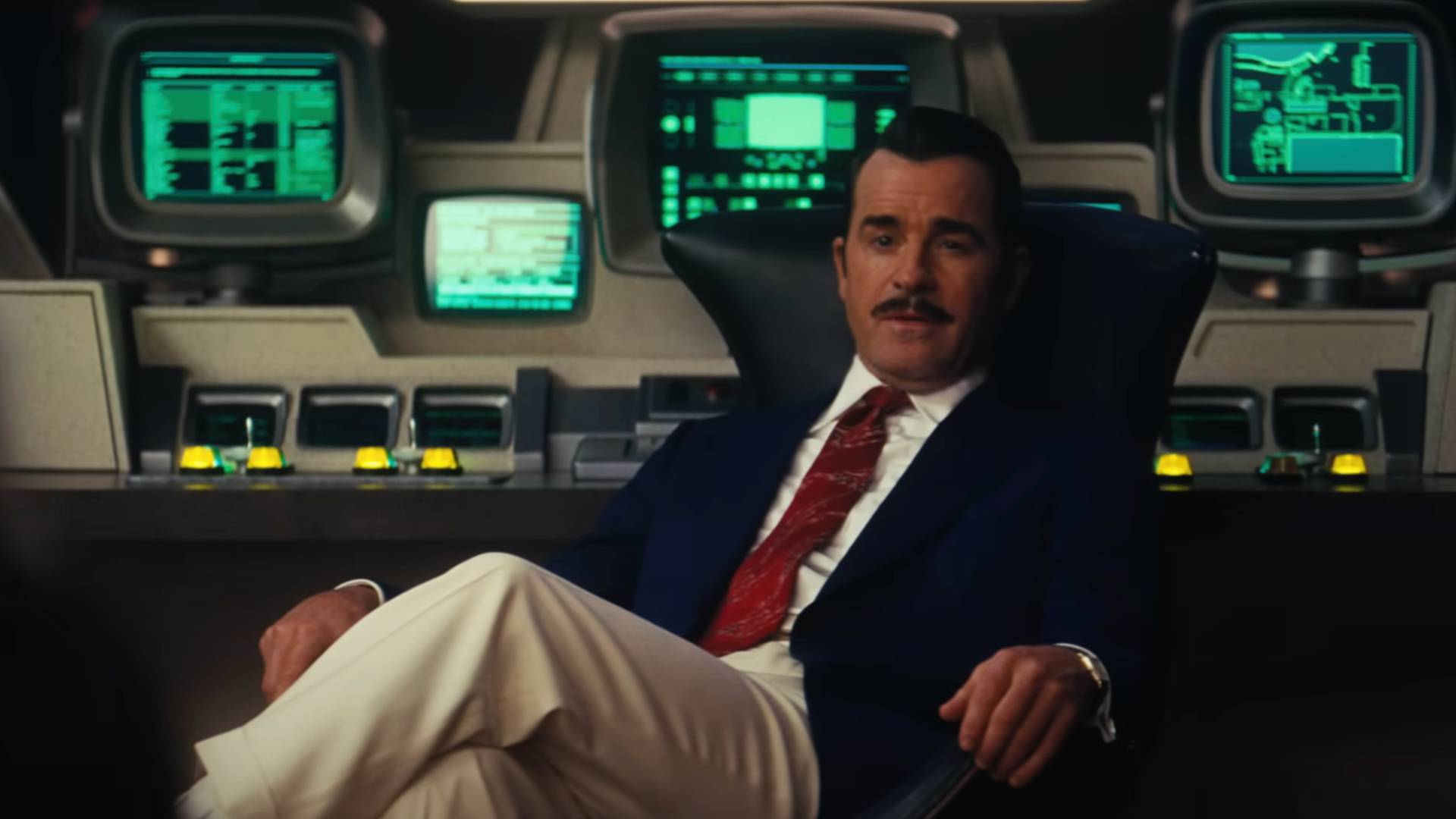
"There's a lot of earning potential with the end of the world," House says at a roundtable with other business CEOs as they discuss the monetary pros and cons of the apocalypse in the final episode of the first season.
Soon after, he and his ivory tower pals learn that their investments will be safe with Vault-Tec's construction of protective vaults across the United States: Vault-Tec muses about dropping the nuclear bombs themselves, meaning that they'll be creating both supply and desperate, potentially incinerated, demand.
This version of House isn't too different from the one we meet in the game, a man who rose from nothing and, through intelligence and unflinching business practices, ended up making billions.
But House obsessed over the idea that nuclear war would engulf the world, something he'd all but predicted with an array of self-made equations. And so, choosing to save Las Vegas as opposed to trying to help out the world at large, House prepared for both the war and his own revival. He put his body in a cryonic chamber and hooked his brain up to a supercomputer that could control and protect the "New Vegas."
The system he created was imperfect and prone to technical failures, but he ensured that, in time, he'd preside over New Vegas from his stronghold in the Lucky 38 casino.
Not your average arch villain

Despite having an amazing mustache, Mr. House isn't known for twirling it, so to speak. He isn't interested in absolute power, nor is he substantially cruel to those that work for him.
Instead, his villainy emerges from, as he says in the season 2 teaser, the fact that he knows "everything." In Fallout: New Vegas, while his physical body sits in a chamber, the player gets to know him through his face on a screen. From there, provided the player makes the right choices and lives long enough to get him to spill, he'll detail his current plans and the various measures he's taken over time to ensure his success. He'll play various factions against one another, offer treaties and countermeasures, and even try to predict the outcome of conflicts.
Many threats in the Fallout games are physically violent in nature, but Mr. House's danger is eerie in his distant and calm manner. He feels his success is all but assured – he built his own company, he knew how to (partially) save Las Vegas from nuclear destruction, and he has the measures to not only survive in the wasteland, but thrive.
Fallout's tagline is typically "War never changes," but Mr. House shows us that neither does hubris or greed. Mr. House believes that he's in as good of a position to prosper as he was when he wasn't, ya know, a talking computer screen. What other options are there when "the house always wins?"
The face of the wasteland
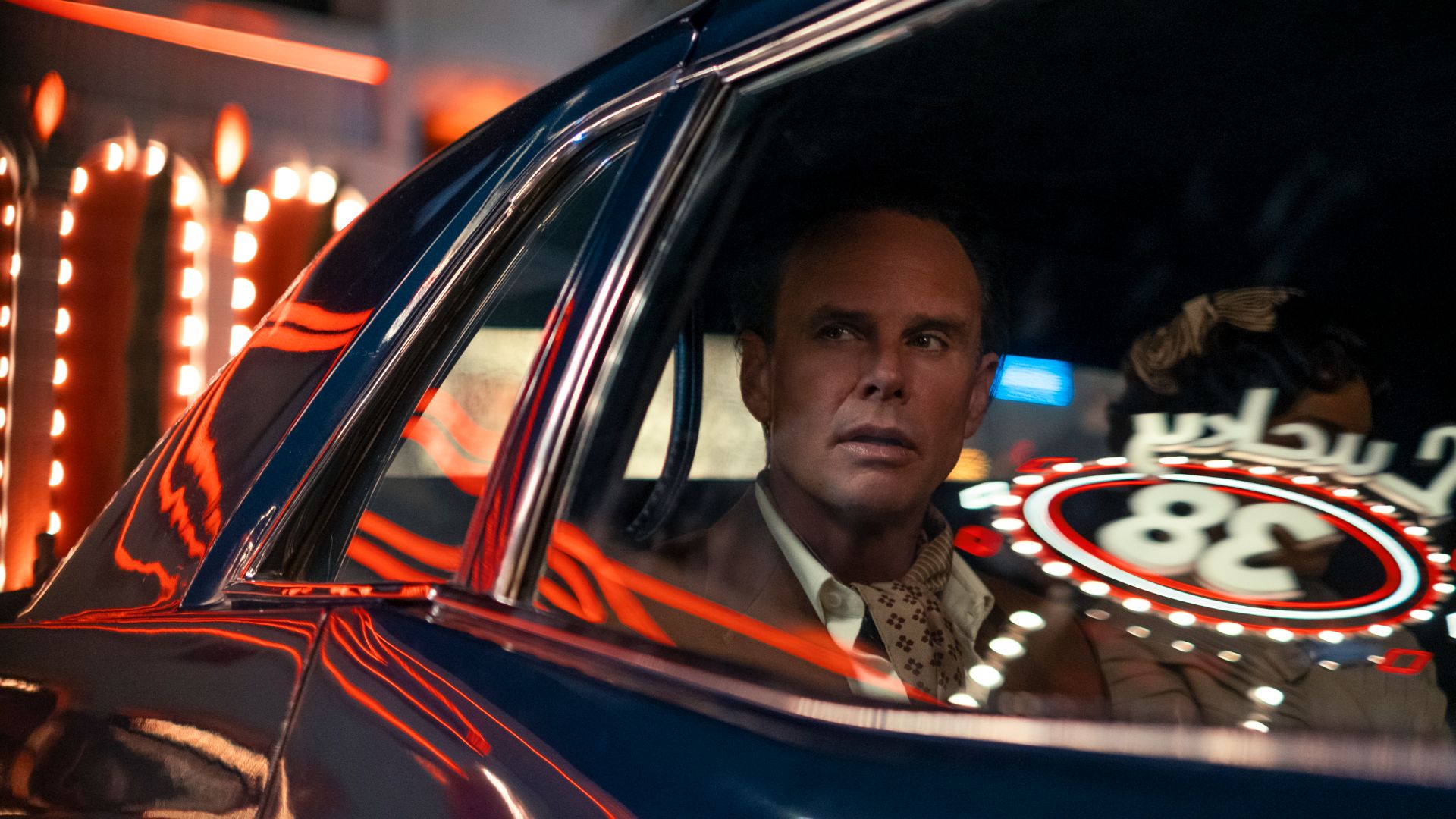
As both the TV series and the games go on, it's clear that much of the strife and devastation that the world went through was due to the misguided ideals of a handful of individuals. It isn't just that they worshipped at the altar of cash rather than value human survival. It's that they became locked into ideas that will eventually turn them into specific kinds of gods.
For some, this was the ability to experiment with their Vault subjects like bugs in a jar. But for Mr. House, it was his prime opportunity to save his favorite city and effectively rebuild its infrastructure in his image.
It's yet to be seen just what Mr. House has in store for the second season of Fallout, but if it's anything close to the game, he'll come to represent both the tragic end of the world and its troubled new beginning.
The energy and glamor of Las Vegas drew him in, and he placed his bets on being able to rule it. We'll see how successful the TV incarnation has been when Fallout returns.
Fallout season 2 arrives this December 17. In the meantime, check out our guide to all the most exciting upcoming TV shows coming this year.
Daniel Dockery is a writer for places like Crunchyroll, Polygon, Vulture, WIRED and Paste Magazine. His debut book, Monster Kids: How Pokemon Taught A Generation To Catch Them All, is available wherever books are sold.
You must confirm your public display name before commenting
Please logout and then login again, you will then be prompted to enter your display name.

